The Impact of AI on Entertainment Content Creation in 2025
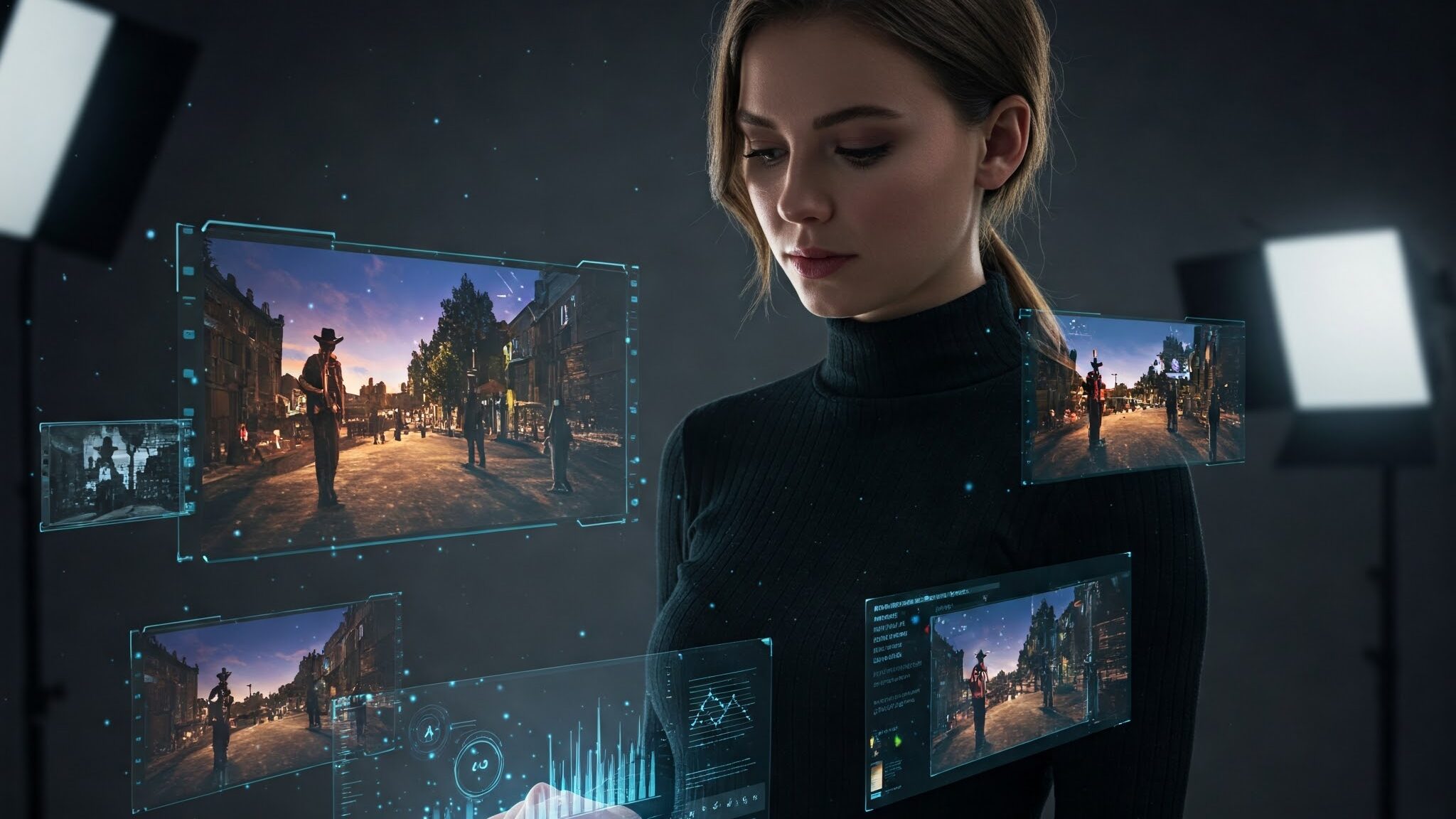
In 2025, AI in entertainment isn’t just a buzzword—it’s the backbone of a revolution in entertainment content creation. From blockbuster films to indie music tracks, AI is reshaping how stories are told and consumed. Research shows 86% of senior executives expect generative AI to turbocharge content speed and volume this year, and the results are already dazzling audiences worldwide. Whether you’re a creator or a consumer, this blog dives into how AI is transforming scriptwriting, production, post-production, and personalization—plus the challenges we face in this brave new world.
AI in Entertainment: Scriptwriting and Pre-Production

Imagine an AI that can churn out a screenplay faster than you can say “action!” In 2025, tools like OpenAI’s GPT-5 and its ilk analyze decades of scripts, box office data, and viewer preferences to craft compelling narratives. They don’t just write—they brainstorm, tweak, and predict what’ll hit with audiences. Major studios are already using AI to generate script variations, slashing pre-production timelines and letting writers focus on the creative spark.
Here’s a look at some top AI tools powering scriptwriting and pre-production in 2025:
| Tool Name | Application | Key Features | Example Use Case |
|---|---|---|---|
| Runway Gen-3 | Video Generation | Text-to-video, image-to-video | Indie filmmakers crafting short films fast |
| Synthesia Studio | AI Avatars | Custom avatars, multi-language support | TV networks using AI hosts for news |
| Descript Overdub | Voice Synthesis | Realistic voice cloning, text-to-speech | Podcasters dubbing episodes effortlessly |
| Adobe Firefly | Image Generation | Generative fill, text effects | Designers whipping up promo art in seconds |
| OpenAI GPT-5 | Scriptwriting | Advanced script generation, dialogue tweaks | Writers brainstorming Oscar-worthy plots |
AI in Entertainment Production Advances
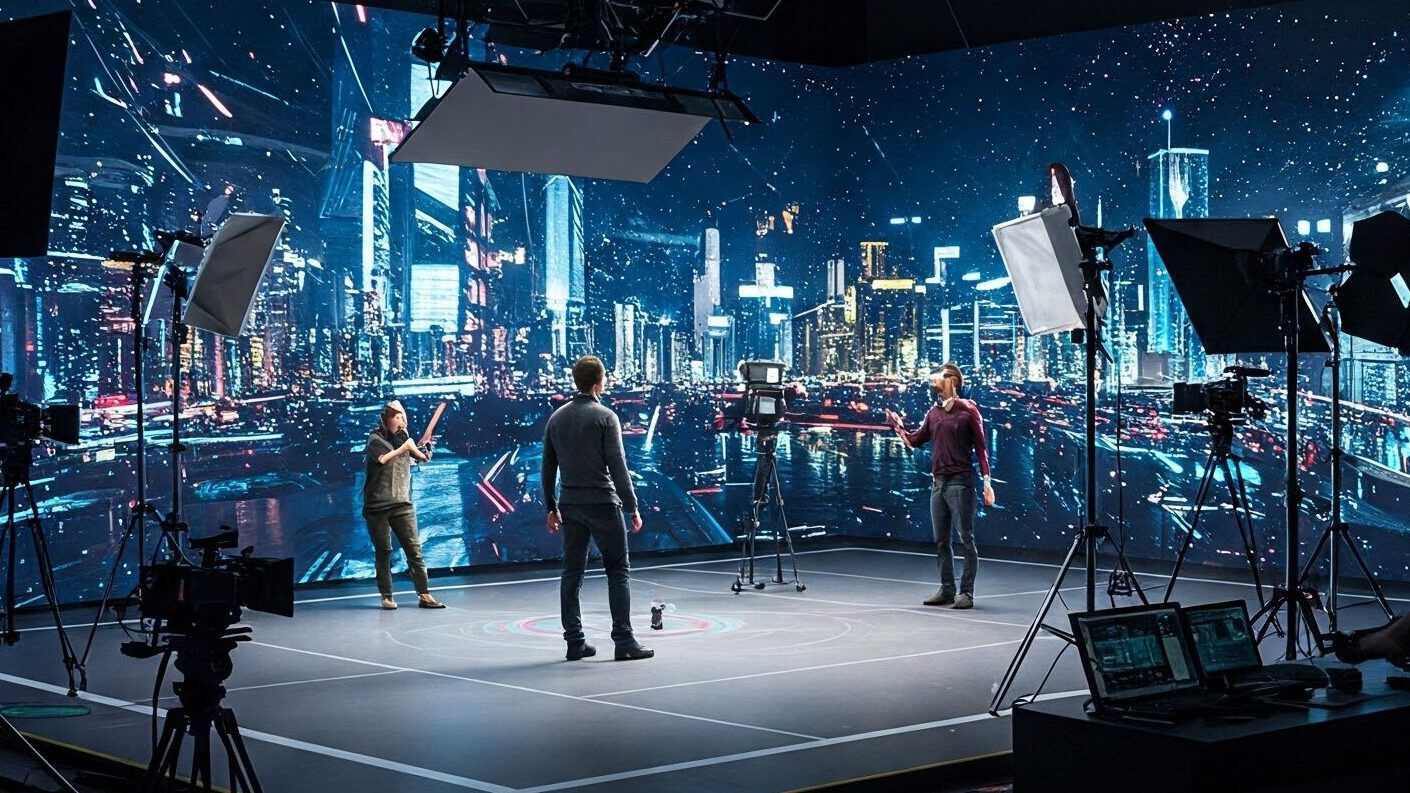
On set, AI is the ultimate co-director. Virtual production—think real-time CGI rendering—is now standard, thanks to AI. Cameras adjust lighting on the fly, and digital doubles of actors seamlessly blend into scenes, a trick perfected in shows like “The Mandalorian.” By 2025, 70% of big-budget films use AI to cut production costs and time, letting creators dream bigger without breaking the bank.
AI in Post-Production
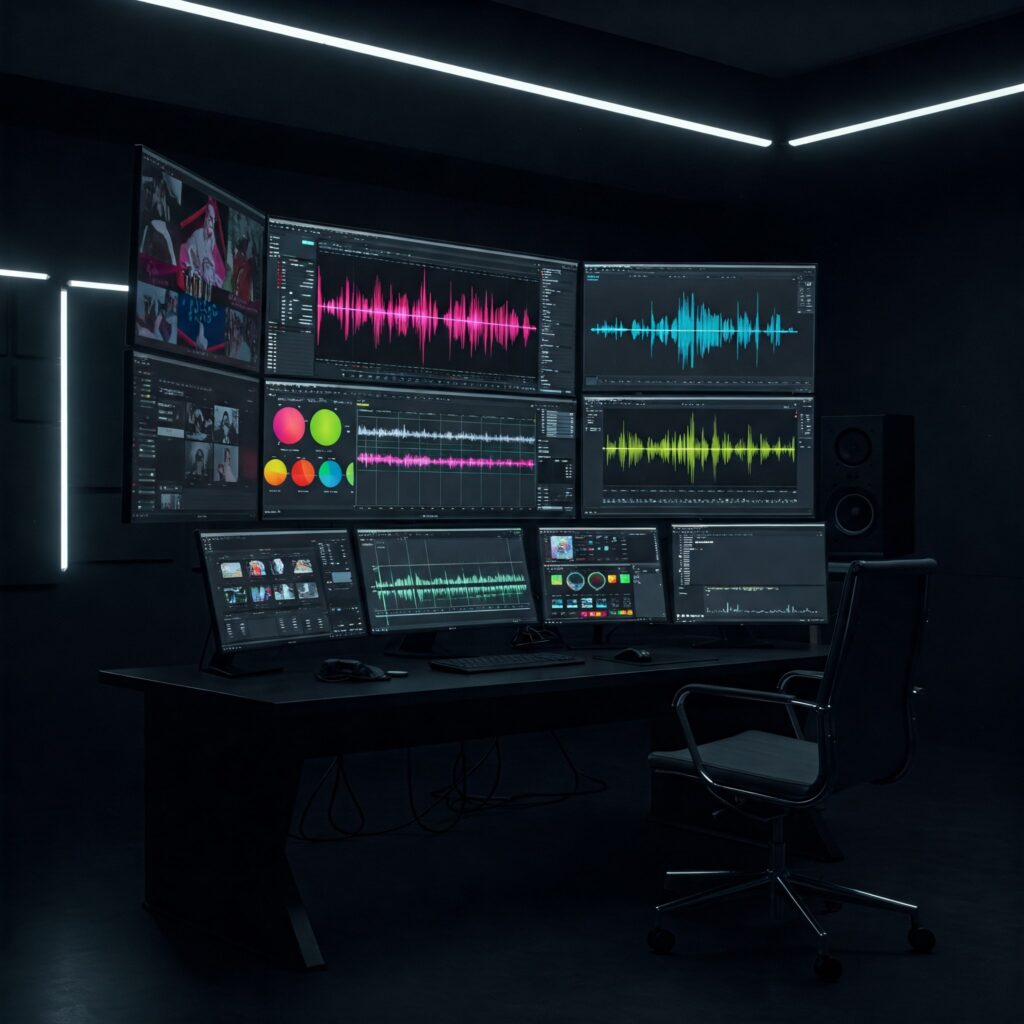
Post-production’s getting a glow-up too. AI tools like Adobe Premiere Pro’s auto-editing features analyze footage, suggest cuts, and even pick the perfect soundtrack based on mood. Color grading, sound mixing, and shaky cam fixes? Done in minutes. This speed doesn’t just save time—it opens the door for smaller creators to compete with the big dogs, leveling the playing field in 2025’s entertainment scene.
Personalized Content and Recommendations
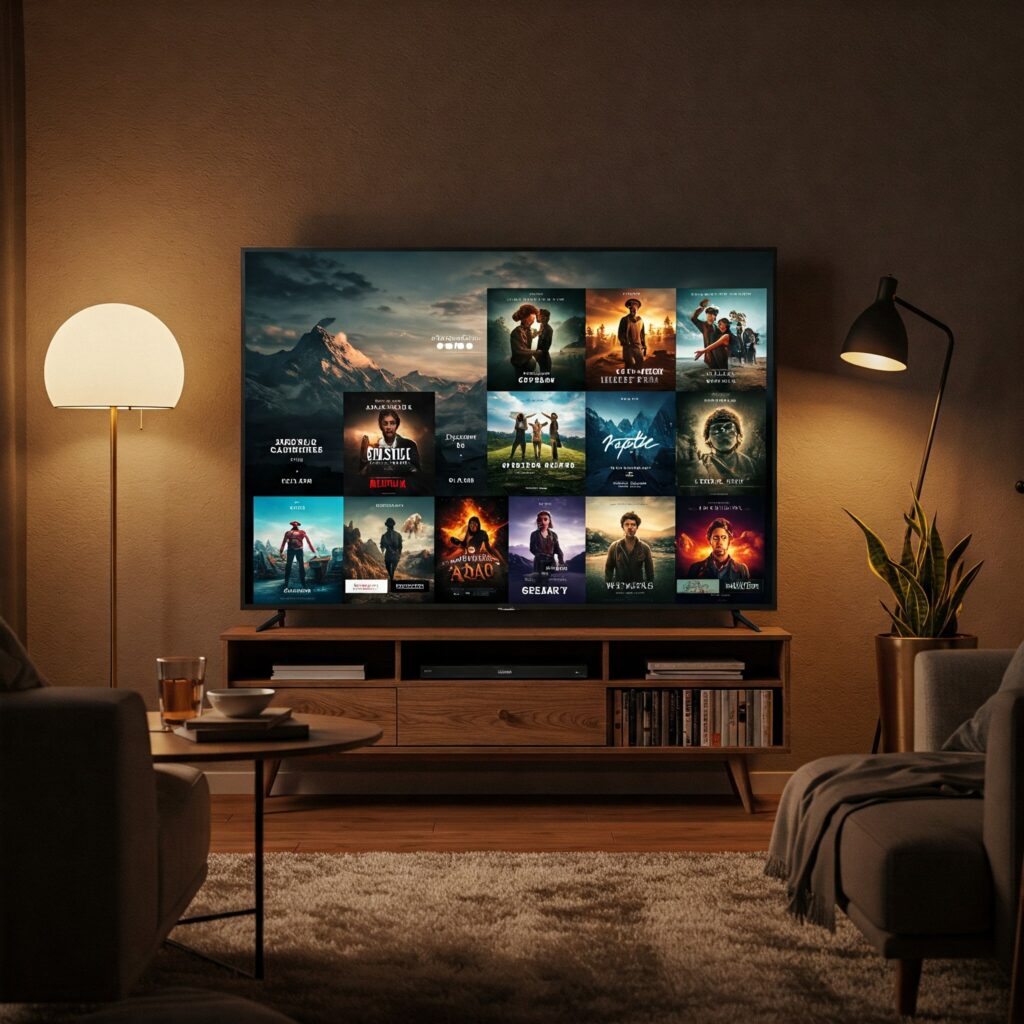
Ever wondered how Netflix knows you’ll love that obscure sci-fi flick? AI’s recommendation engines are sharper than ever, dissecting your watch history to serve up tailored picks. But it’s gone beyond suggestions—interactive shows now adapt in real-time based on your choices, powered by AI generating new scenes on the fly. In 2025, this hyper-personalization keeps viewers hooked, with 40% reporting they’ve tried interactive content this year.
Challenges and Ethical Considerations
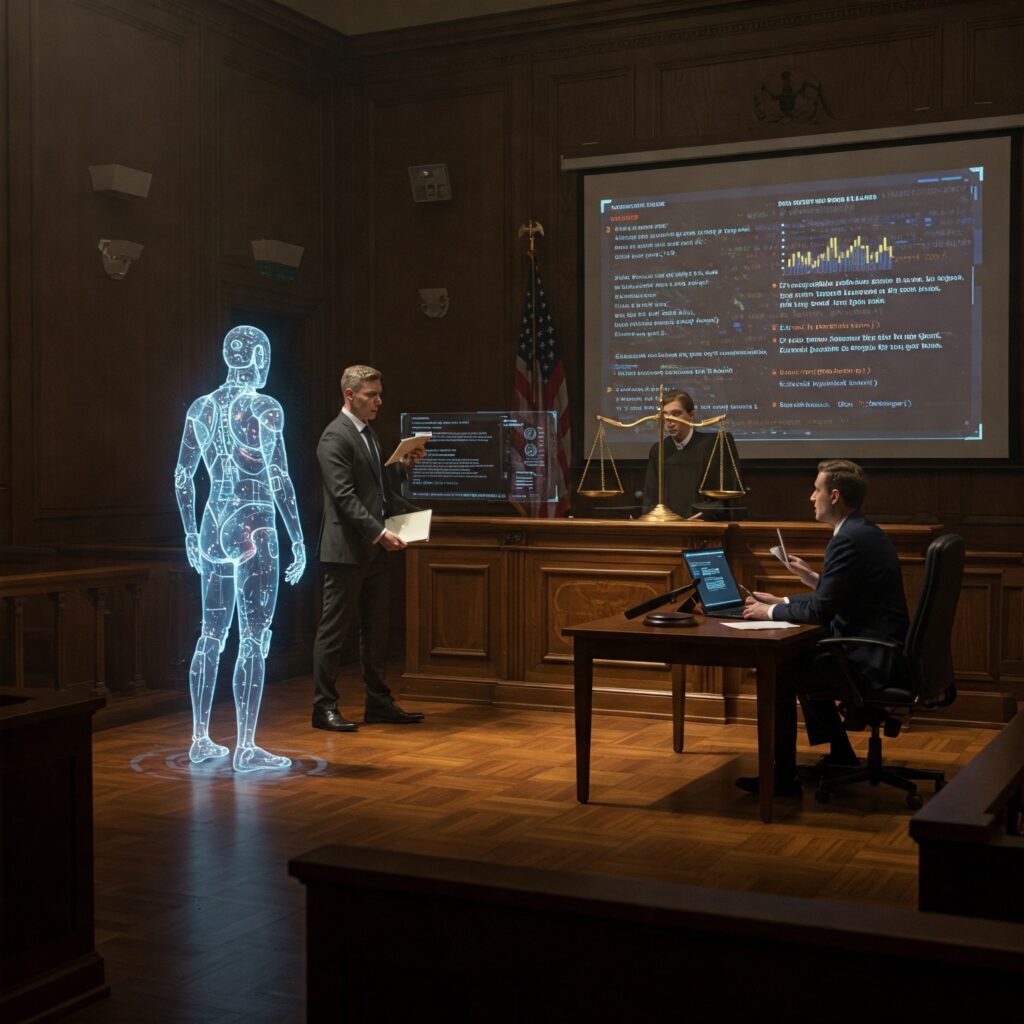
AI’s magic comes with a catch. Privacy’s a hot topic—those personalized experiences need your data, and 60% of users worry about how it’s used. Then there’s the copyright conundrum: who owns an AI-generated song or movie? Legal battles are brewing as regulators scramble to catch up. And let’s not forget the human touch—will AI drown out the soul of creativity? In 2025, the industry’s wrestling with balancing tech and artistry, a debate that’ll shape entertainment’s future.
FAQ: AI in Entertainment

- How does AI in entertainment save time? AI automates repetitive tasks like editing, script drafting, and CGI rendering, cutting production timelines by up to 50%.
- Is AI replacing human creators? Not quite—it’s a tool that boosts efficiency, but human creativity still drives the vision.
- What’s the best AI tool for beginners? Descript Overdub is user-friendly and affordable for newbies in audio or video content.
Conclusion
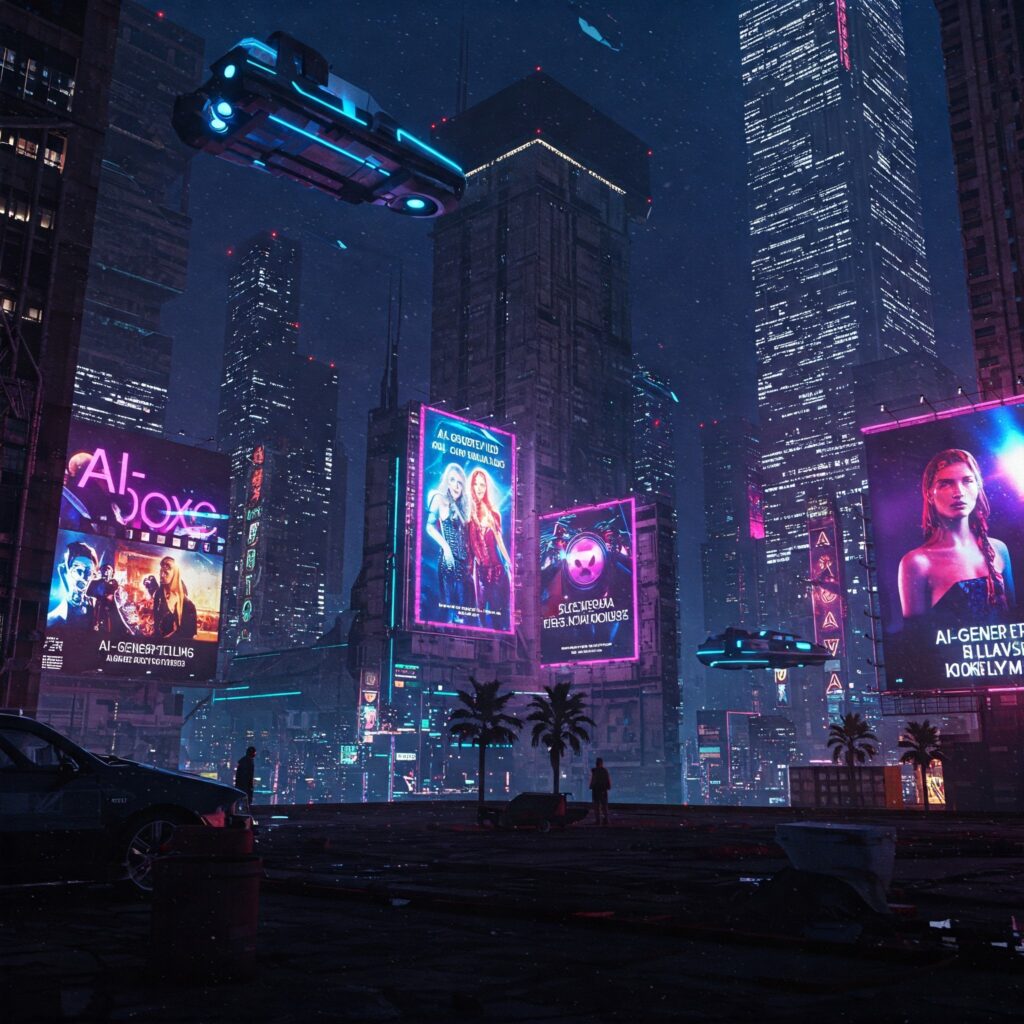
AI in entertainment isn’t just changing the game in 2025—it’s rewriting the script entirely. From faster production to personalized stories, it’s a game-changer for creators and fans alike. Challenges like privacy and creativity loom large, but the potential’s limitless. Want to stay ahead of the curve? Subscribe to Next Entertainment Wave for more tech insights!


[…] interface is a standout, making binge-watching a breeze thanks to explored further in our ‘AI in Entertainment‘ blog. Disney+ keeps it simple for families, with top-notch parental controls. Amazon Prime […]
[…] a game-changer, cutting latency to under 20ms with edge computing. AI predicts your moves, caching data for lag-free play—70% of platforms use it by 2025. With 5G covering 40% of the […]
[…] interactive narratives. In the U.S., writers and filmmakers use tools like GPT-5 and StoryGenius to break creative blocks and scale production. Think of AI as a brainstorming partner that never sleeps—suggesting quirky […]
[…] does AI in entertainment save time?AI streamlines game and show production, like Thronglets’ synced development, cutting […]